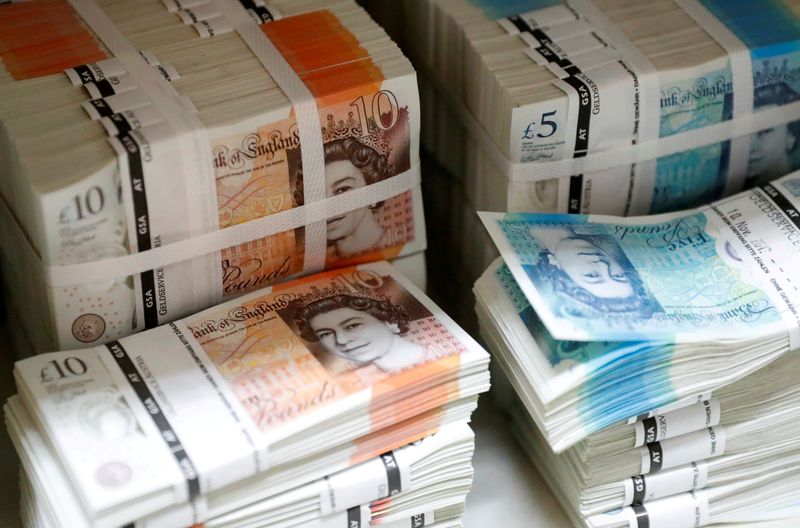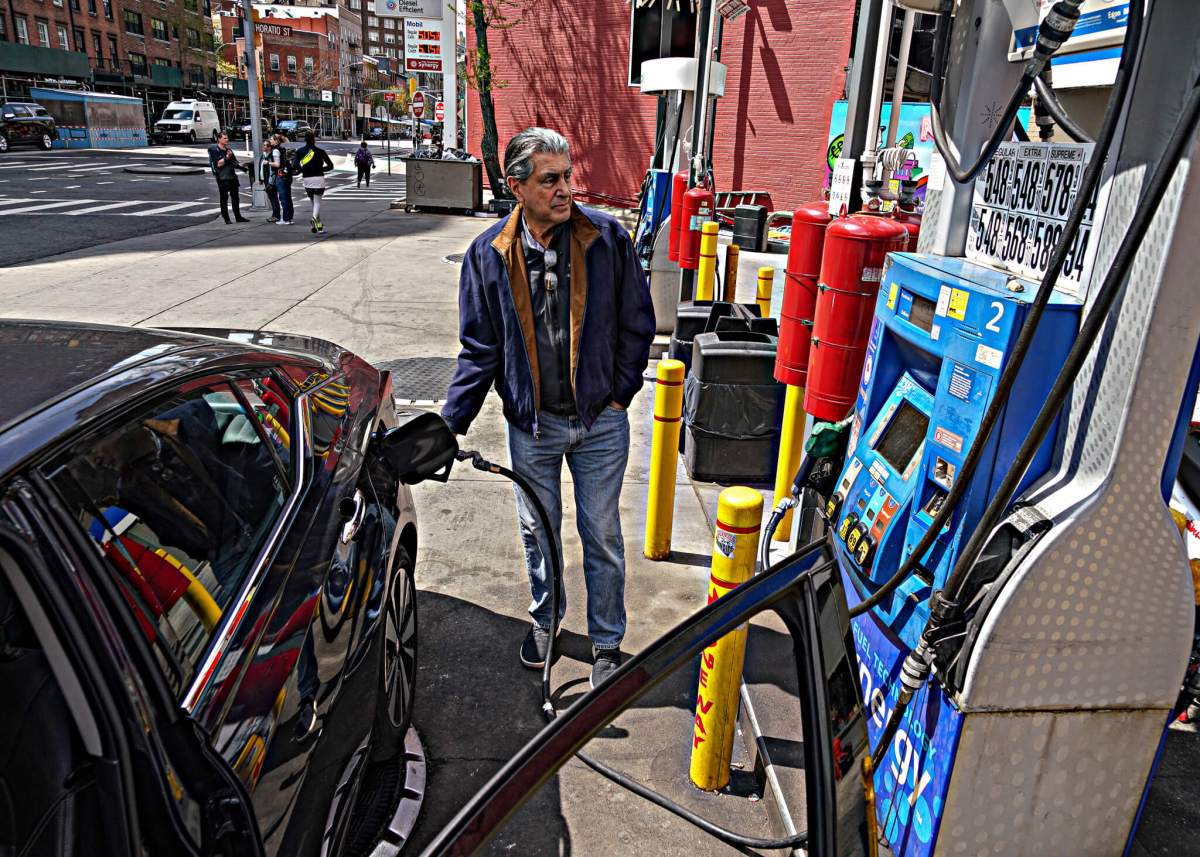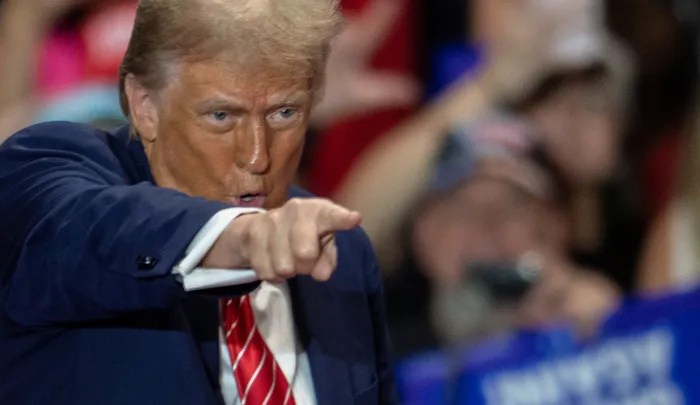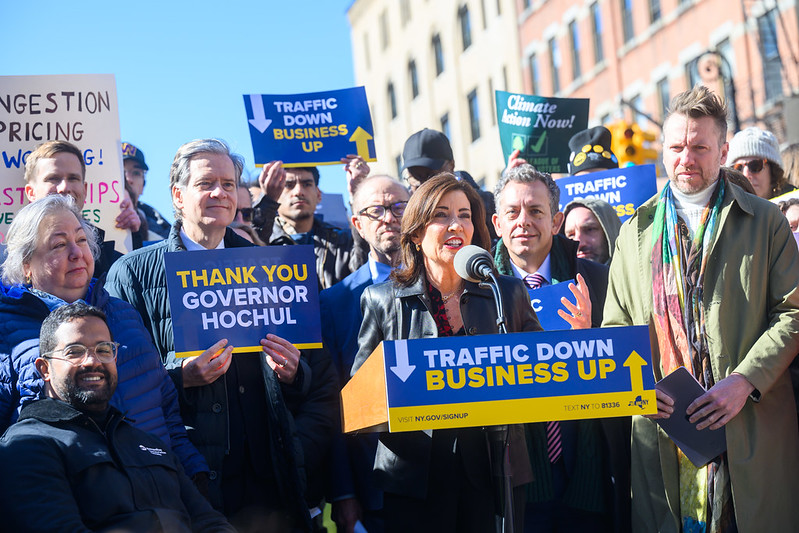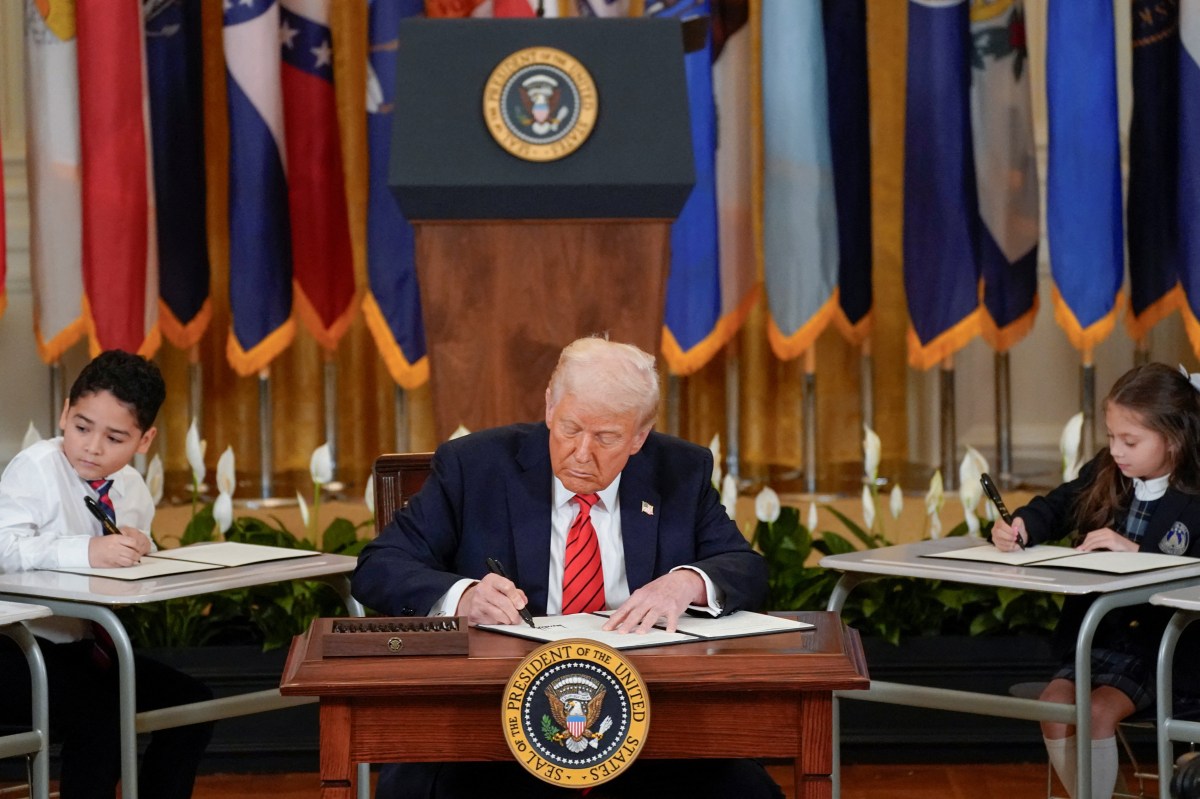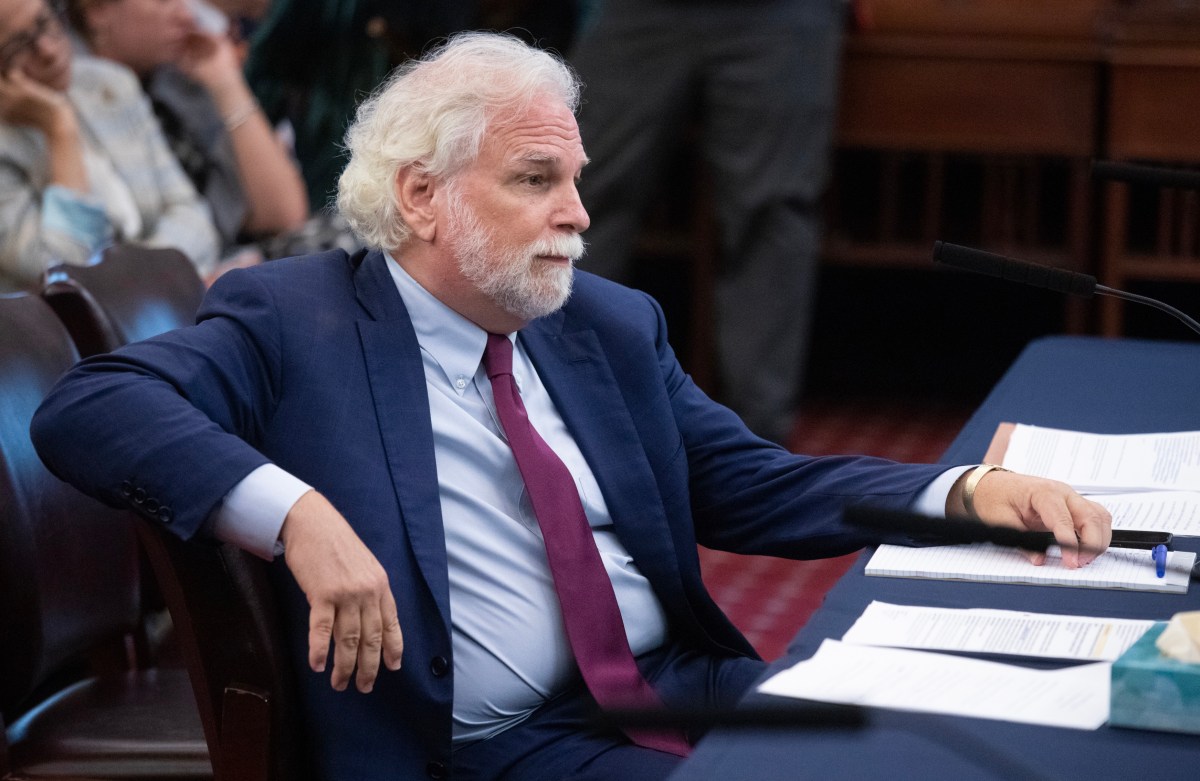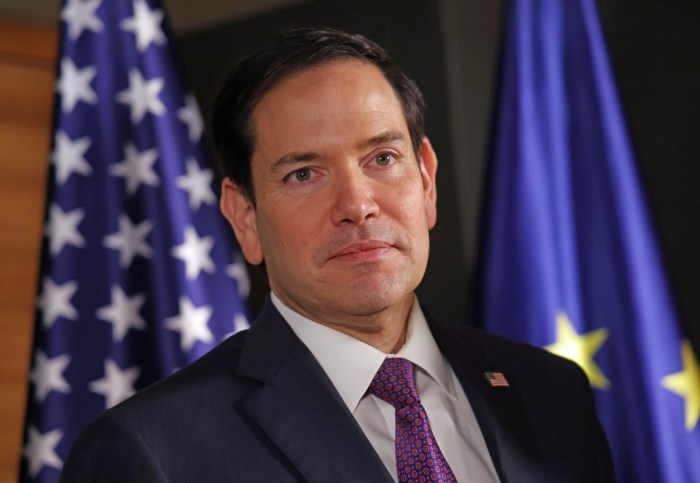LONDON (Reuters) – A digital pound must be at the heart of Britain’s efforts to strengthen the City of London’s global attraction as a financial centre after Brexit, think-tank CityUnited Project said on Friday.
The finance ministry is due to set out proposals for making Britain’s capital market more attractive after Amsterdam toppled London to become Europe’s top share trading centre after the City was cut off from the European Union on Dec. 31.
CityUnited Chairman Daniel Hodson said there is now a “swelling majority” in the City that believes it was better to focus on making the financial sector more competitive rather than delaying change in the hope of getting EU access.
“A central bank digital currency (CBDC) should be a fundamental foundation for a competitive City after Brexit, otherwise China will steal a long march on us,” Hodson told Reuters.
China is planning to put its digital yuan to use at the 2022 Winter Olympic Games in Beijing.
“The Bank of England is talking about a CBDC but it ought to be a greater priority as this form of technology is the future, and would bring other benefits like real-time regulation to cut costs,” Hodson said.
The BoE has given no timeline for any decision.
CityUnited, founded by eurosceptic politicians and City veteran Hodson, a former chief executive of London’s futures exchange, now part of ICE, has made 24 recommendations for reforming financial services.
They have just been submitted to a UK government taskforce set up by Prime Minister Boris Johnson and reporting back this month on using “freedoms” from Brexit to cut red tape to lift growth.
A digital pound would allow fractions of a currency to be spent and traced without costly overheads to help collect and distribute taxes in real time, and spawn more efficient, real-time supervision of markets, CityUnited said.
Regulators should also be required to maintain the attractiveness and openness of UK markets, and foster the development of “parallel markets” for trading euro-denominated products outside the bloc for international investors, it added.
(Reporting by Huw Jones; editing by Jonathan Oatis)

